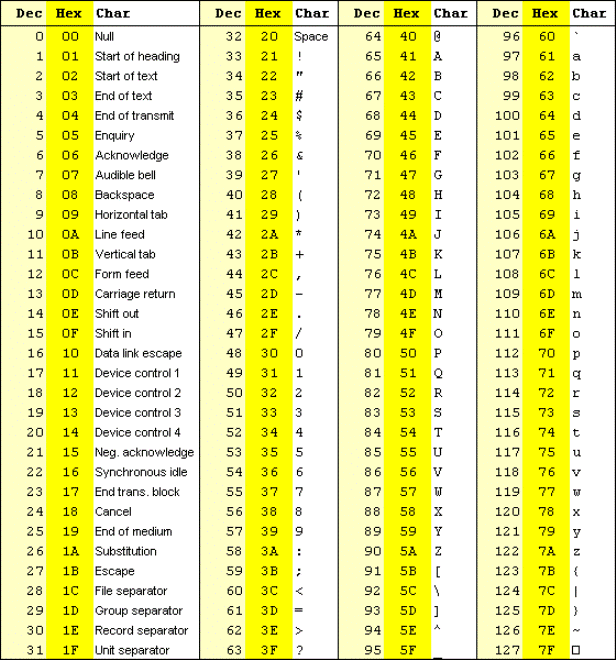What Are Utf 8 And Utf 16 Working With Unicode Encodings

What Are Utf 8 And Utf 16 Working With Unicode Encodings Youtube An encoding form maps a code point to a code unit sequence. a code unit is the way you want characters to be organized in memory, 8 bit units, 16 bit units and so on. utf 8 uses one to four units of eight bits, and utf 16 uses one or two units of 16 bits, to cover the entire unicode of 21 bits maximum. Utf 8, utf 16 and utf 32 are encodings that apply the unicode character table. but they each have a slightly different way on how to encode them. utf 8 will only use 1 byte when encoding an ascii character, giving the same output as any other ascii encoding. but for other characters, it will use the first bit to indicate that a 2nd byte will.

What Are Utf 8 And Utf 16 Working With Unicode Encodings 47 Off The nonet encodings utf 9 and utf 18 are april fools' day rfc joke specifications, although utf 9 is a functioning nonet unicode transformation format, and utf 18 is a functioning nonet encoding for all non private use code points in unicode 12 and below, although not for supplementary private use areas or portions of unicode 13 and later. Unicode code points could be mapped to bytes using any one of the encodings called utf 8, utf 16 or utf 32. the devanagari character क , with code point 2325 (which is 915 in hexadecimal notation), will be represented by two bytes when using the utf 16 encoding (09 15), three bytes with utf 8 (e0 a4 95), or four bytes with utf 32 (00 00 09 15). Unicode comes with two main encodings, utf 8 and utf 16, both very well designed for specific purposes. because unicode includes all the characters of all the well used legacy encodings, mapping from older encodings to unicode is usually not a problem, although there are some issues where care is necessary in particular for east asian character. Unicode encodings — programming with unicode. 7. unicode encodings ¶. 7.1. utf 8 ¶. utf 8 is a multibyte encoding able to encode the whole unicode charset. an encoded character takes between 1 and 4 bytes. utf 8 encoding supports longer byte sequences, up to 6 bytes, but the biggest code point of unicode 6.0 (u 10ffff) only takes 4 bytes.

Unicode Utf 8 Utf 16 终于懂了 Linux开发那些事儿 博客园 Unicode comes with two main encodings, utf 8 and utf 16, both very well designed for specific purposes. because unicode includes all the characters of all the well used legacy encodings, mapping from older encodings to unicode is usually not a problem, although there are some issues where care is necessary in particular for east asian character. Unicode encodings — programming with unicode. 7. unicode encodings ¶. 7.1. utf 8 ¶. utf 8 is a multibyte encoding able to encode the whole unicode charset. an encoded character takes between 1 and 4 bytes. utf 8 encoding supports longer byte sequences, up to 6 bytes, but the biggest code point of unicode 6.0 (u 10ffff) only takes 4 bytes. In addition, in unicode there are a number of ways of encoding the same character. for example, the letter á can be represented by two bytes in one encoding and four bytes in another. the encoding forms that can be used with unicode are called utf 8, utf 16, and utf 32. Utf 8 is named for how it uses a minimum of 8 bits (or 1 byte) to store the unicode code points. remember that it can still use more bits, but does so only if it needs to. utf 16, in the other.

Unicode字符集和utf 8 Utf 16 Utf 32编码 Faunjoe88 博客园 In addition, in unicode there are a number of ways of encoding the same character. for example, the letter á can be represented by two bytes in one encoding and four bytes in another. the encoding forms that can be used with unicode are called utf 8, utf 16, and utf 32. Utf 8 is named for how it uses a minimum of 8 bits (or 1 byte) to store the unicode code points. remember that it can still use more bits, but does so only if it needs to. utf 16, in the other.

Comments are closed.